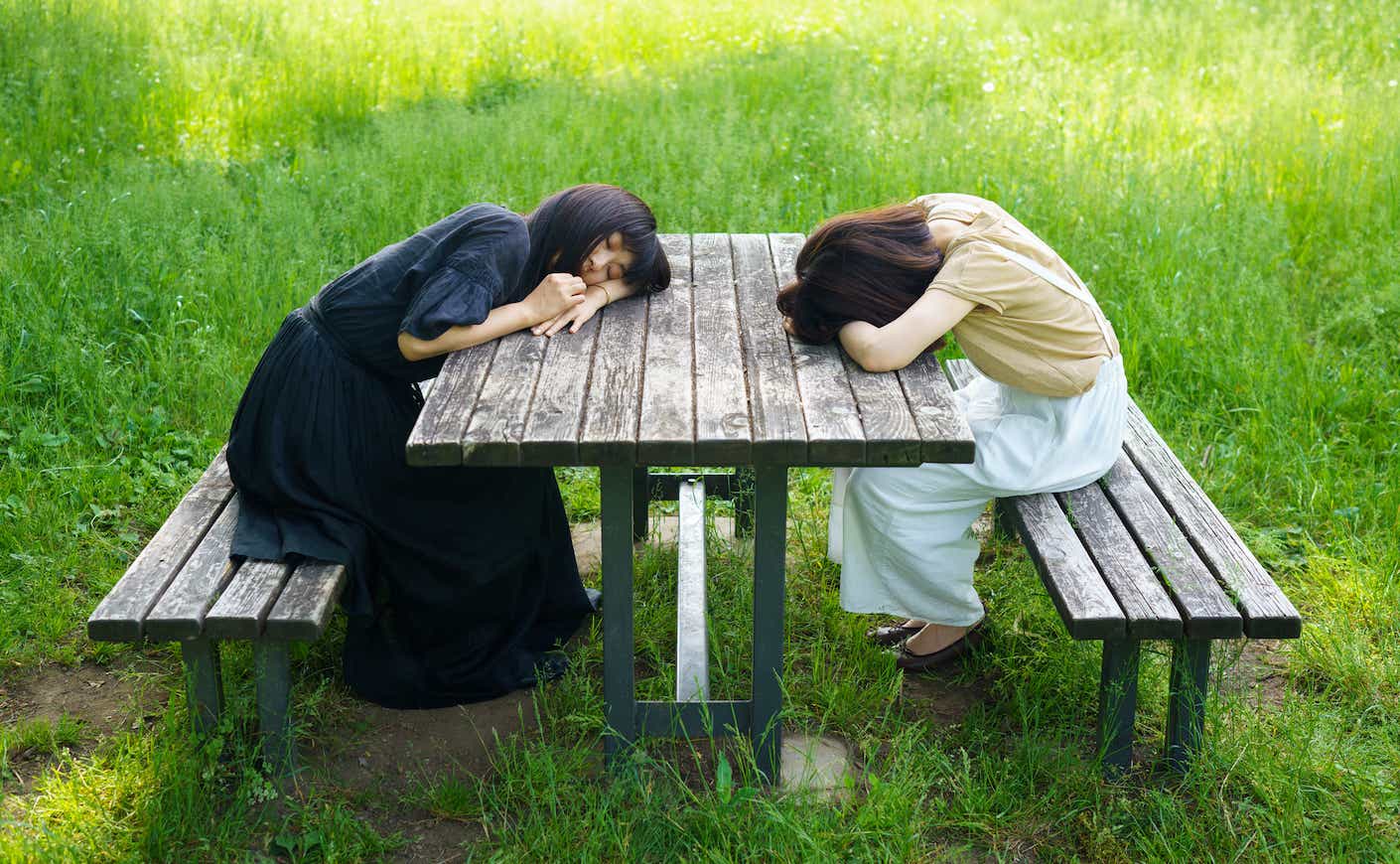As we exit a long, dark winter, surprised you don’t have much of a spring in your step this season? You may be suffering from a phenomenon known as spring fatigue. From how changes in your environment collide with your internal clock, to the quality of your sleep, there are many surprising factors that can contribute.
So, KCM teamed up with Sleep Number to ask some experts to help you better understand why you might be feeling more tired than usual. They offer some solutions so you can find more energy to enjoy, arguably, the best season of the year!
1. Daylight saving time
The transition to Daylight Saving Time, and its accompanying loss of an hour of sleep, can have adverse health effects, ranging from mood changes to cardiovascular issues to tiredness. Why? You’re likely out of sync with your internal clock.
Dr. Eve Van Cauter, professor in the Department of Medicine at the University of Chicago and Board Chair of the Sleep Number Scientific Advisory Board, recommends re-syncing your bedtime with the sleep routine you followed before DST.
That means setting up a strict bedtime schedule, and being careful not to “let the evening drag on until wee hours.” If you’re looking for a data-proven way to get back in touch with your internal clock, check out the Sleep Number 360® smart bed. Sleepers who use the bed’s circadian rhythm feature* improve their bedtime and wake time consistency by 35 minutes for better quality sleep.
2. “Social jetlag”
Speaking of bed times, “humans are more likely to drift towards later bedtimes during summer because the longer days with natural light shift the biological clock,” Dr. Cauter says. As the days get longer, many suffer from “social jetlag,” which means you’re overestimating your energy levels and packing your days with extra activities because of sudden bouts of sunshine and nice weather.
“This is when [you’re] having a lifestyle that works against our natural body clock,” she added. “ You know, more going out, more eating out, more shopping at night, just typically staying up later. That staying up later can also be coupled with an increase on devices.”
This year, Spring “social jetlag” may be even more compounded by the light at the end of the tunnel of the pandemic. As the weather improves in many parts of the U.S., and more people are vaccinated, we’ll be gradually seeing more of a return to normalcy — which means more activities and extra stimuli that many of us aren’t used to.
3. Not enough quality sleep
If you’re feeling extra tired this season, make sure to check in on your quality of sleep! Increased social activity comes coupled with spring allergies and increases in natural outdoor stimuli.
You want to create a cool, dark oasis for sleeping, and make sure to limit your exposure to allergens that might affect you. Dr. Cauter also recommends getting in some physical activity every day!
“Sleep, together with a healthy diet and exercise, is a pillar of health,” she says. “ Sleep is a particularly important component of health in this epidemic because the immune system is strongly modulated by sleep.”
*Based on SleepIQ® data from 6/9/20 to 8/15/20 of sleepers who viewed the circadian rhythm feature vs. those who did not, with sleep timing capturing bedtime and wake time consistency.









